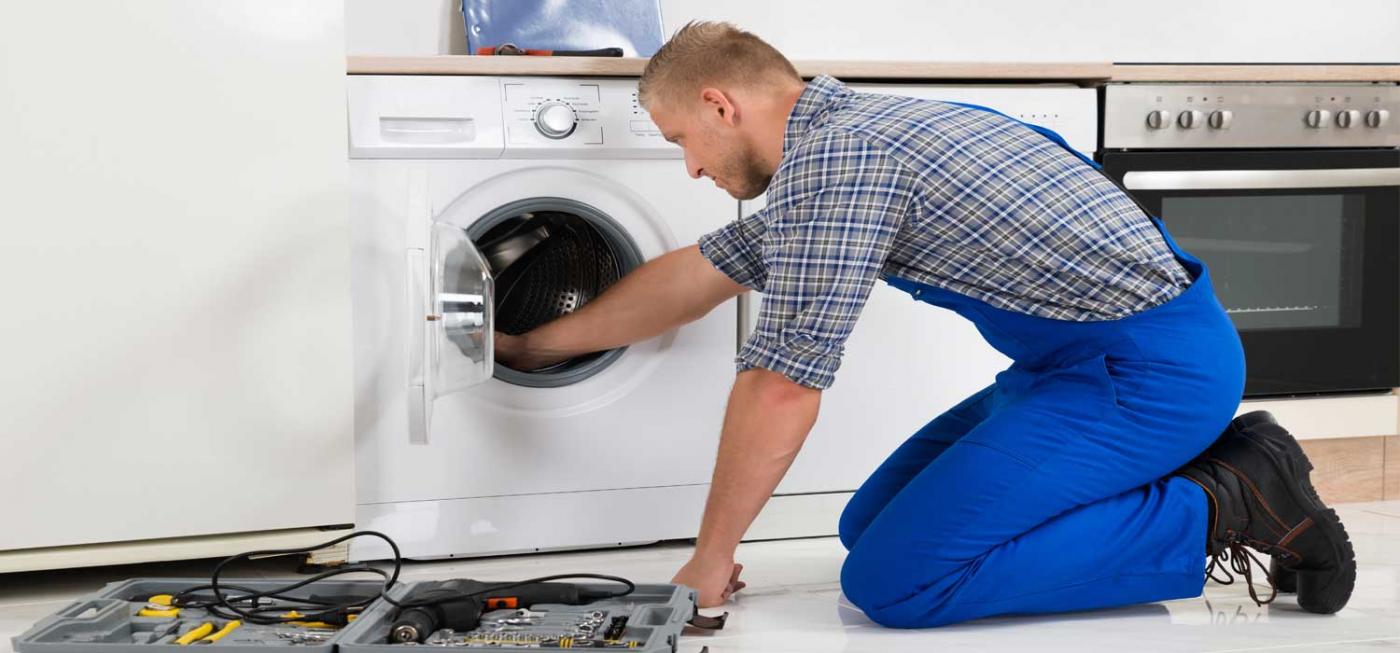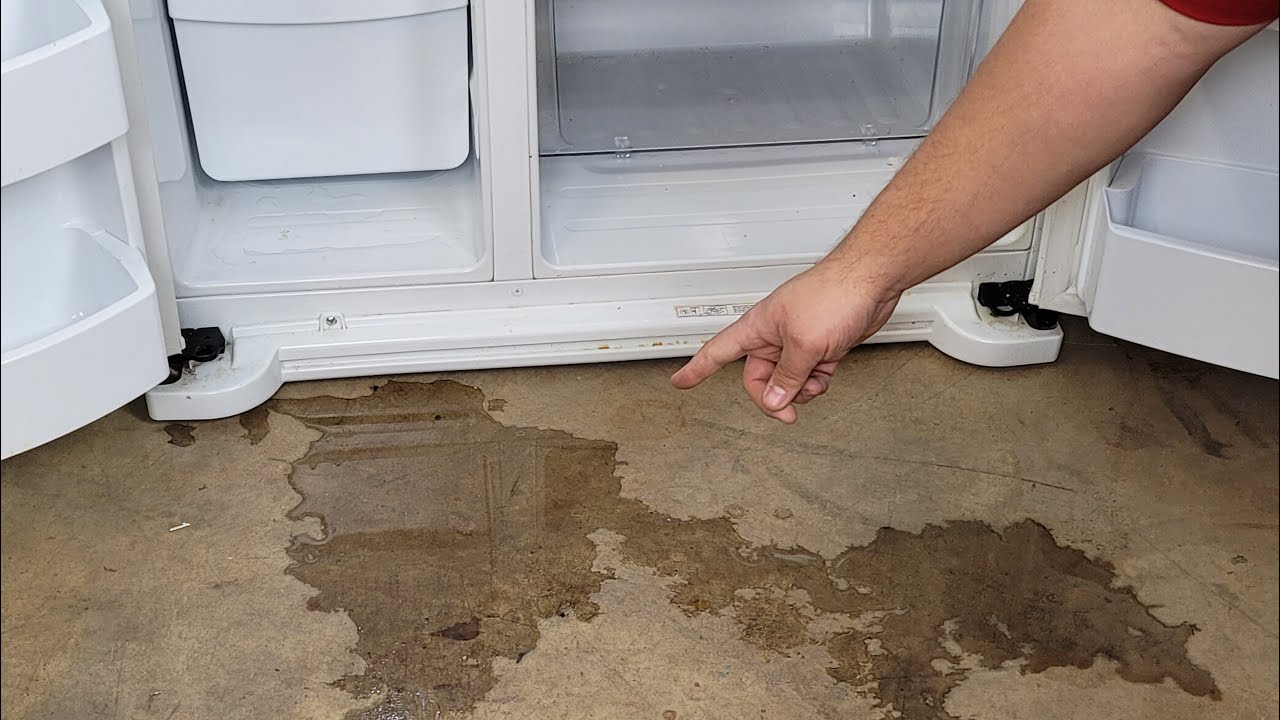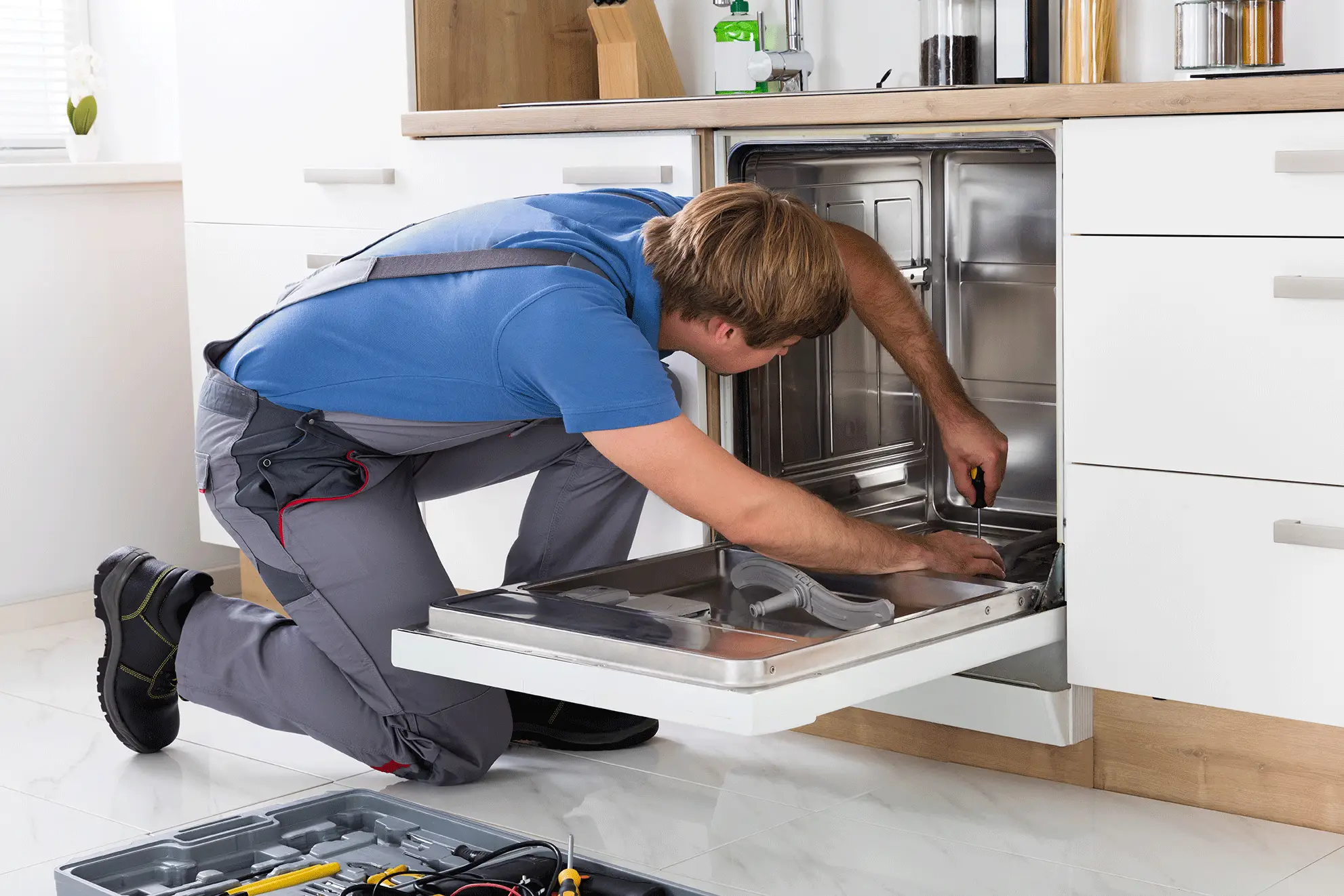Top 5 Signs Your Appliance Needs Repair Before It’s Too Late
Home appliances are essential for everyday comfort and convenience. From keeping your food fresh to ensuring your laundry is done on time, these devices simplify our lives in countless ways. But like any machine, they are prone to wear and tear. Ignoring early warning signs can lead to costly breakdowns or the need for complete replacement. To help you avoid such scenarios, we've compiled the top 5 signs your appliance needs repair before it’s too late.
Why Timely Appliance Repair Matters
When your appliance starts acting up, it's tempting to ignore the issue, especially if it's still functioning. However, postponing repairs can worsen the problem, lead to higher energy consumption, and even pose safety risks. Timely repairs not only save you money but also extend the life of your appliance.
Benefits of Early Detection:
-
Reduced repair costs
-
Improved appliance efficiency
-
Lower energy bills
-
Enhanced safety
-
Longer appliance lifespan
Sign #1: Unusual Noises
What to Listen For
Appliances typically operate with a consistent hum or low-level noise. If you begin to hear clanking, grinding, buzzing, or screeching, it’s a red flag. These noises often indicate a mechanical issue or a loose component that requires attention.
Common Appliances Affected
-
Washing Machines: Loud banging could signal an unbalanced drum.
-
Refrigerators: A buzzing or clicking noise might indicate compressor or fan problems.
-
Dryers: Squealing noises often point to worn-out drum bearings or belts.
What to Do
Turn off the appliance and inspect it for any visible issues. If you can’t identify the source, it’s best to call a professional technician.
Sign #2: Poor Performance
Decline in Functionality
When your appliance no longer performs as efficiently as it used to, that’s a clear sign something is wrong.
Examples:
-
Refrigerator: Food spoils quickly or compartments are not cooling evenly.
-
Dishwasher: Dishes come out dirty or still wet after a full cycle.
-
Oven: Takes longer to preheat or cooks food unevenly.
Causes
Poor performance may result from clogged filters, worn-out seals, or malfunctioning internal components.
Solution
Routine maintenance such as cleaning filters and checking settings can resolve minor issues. For persistent problems, professional repair is advisable.
Sign #3: Increased Energy Bills
Unexplained Spikes
If your utility bill has gone up without any change in usage habits, an inefficient appliance may be to blame.
Energy-Hungry Appliances:
-
HVAC Units
-
Water Heaters
-
Refrigerators
-
Washing Machines
How to Confirm
Compare your energy usage over the past few months. If one appliance is consistently consuming more power, it's time for an inspection.
Action Plan
-
Use energy monitoring devices.
-
Schedule a professional energy audit.
-
Replace outdated appliances with energy-efficient models if repair isn't feasible.
Sign #4: Frequent Cycling or Overheating
Irregular Operation
If your appliance turns on and off frequently or overheats, it may be malfunctioning. These behaviors strain the internal components and can lead to a complete breakdown.
Examples:
-
Refrigerators: Frequent cycling can overwork the compressor.
-
Dryers: Overheating can be a fire hazard.
-
HVAC Systems: Short-cycling can damage the motor.
Causes
-
Faulty thermostats
-
Electrical issues
-
Blocked vents or filters
Preventive Steps
Clean or replace filters regularly and keep vents unblocked. If problems persist, consult a technician.
Sign #5: Leaks and Moisture Build-Up
Obvious Signs
Water pooling around your appliance or excess condensation inside is never a good sign. Moisture can lead to mold growth and damage to surrounding areas.
Appliances to Watch:
-
Washing Machines: Leaky hoses or a broken pump.
-
Dishwashers: Damaged seals or clogged drains.
-
Refrigerators: Blocked defrost drain or cracked water line.
Consequences
-
Structural damage to flooring and cabinetry
-
Mold and mildew growth
-
Electrical hazards
Quick Fixes and Professional Help
Sometimes, tightening a hose or clearing a drain can solve the issue. For persistent leaks, a professional should assess the problem.
Bonus Tips: Preventive Maintenance
Regular Check-Ups
Perform regular inspections and tune-ups on your appliances to catch issues early.
Simple Maintenance Tasks:
-
Clean filters and coils
-
Check for loose wires or parts
-
Ensure proper leveling of appliances
Invest in Smart Appliances
Modern smart appliances often come with diagnostic features that alert you to issues before they become major problems.
When to Repair vs. Replace
Key Considerations:
-
Age of the Appliance: If it’s over 10-15 years old, replacement might be more cost-effective.
-
Repair Cost: If the repair cost exceeds 50% of the appliance’s value, consider replacing it.
-
Energy Efficiency: Newer models are more energy-efficient and environmentally friendly.
Final Thoughts
Ignoring the early warning signs of appliance trouble can lead to greater expenses and inconvenience. By staying alert to unusual noises, decreased performance, energy spikes, erratic operation, and leaks, you can address issues before they escalate.
Taking action early not only saves you money but also ensures your appliances serve you efficiently for years to come. Whether you choose to repair or replace, informed decisions lead to better outcomes for your home and budget.





